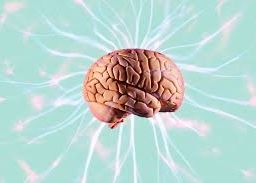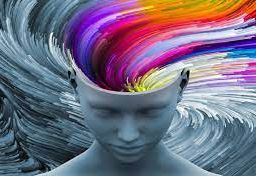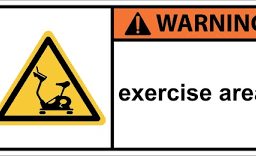
Debunking Common Dementia Myths: What You Should Know
Dementia often falls victim to widespread misconceptions. In this post, we’ll debunk common myths and provide accurate information to enhance understanding and support for those affected by cognitive impairments.

Dementia is a complex and often misunderstood medical condition that affects millions of people worldwide. Unfortunately, there are numerous myths and misconceptions that can lead to stigma, confusion, and inadequate care for those living with the condition.
Myth 1: Dementia and Alzheimer’s Disease Are the Same Thing
One of the most common misconceptions is that both of these diseases are synonymous. In reality, Alzheimer’s disease is just one of many types of dementia. It is an umbrella term used to describe a set of cognitive impairments that impact memory, thinking, and daily functioning. Alzheimer’s disease is the most common cause of the disease, but other forms include vascular, Lewy body, and frontotemporal types, each with its distinct characteristics and causes.
Myth 2: Dementias Only Affects the Elderly
While this condition is more prevalent among older adults, it can affect people of all ages, including those in their 40s and 50s. Early-onset dementias, though less common, can be particularly challenging for individuals and their families, as it often strikes during their most productive years. Understanding that it is not solely an age-related condition is crucial to providing appropriate care and support.

Myth 3: Dementia Is a Normal Part of Aging
It is not a normal part of aging. While age is a significant risk factor for developing this condition, it is not an inevitable consequence of growing older. Many older adults maintain their cognitive abilities throughout their lives. It is a medical condition that results from underlying neurological changes, not simply the passage of time.
Myth 4: Dementia Is Always Characterized by Memory Loss
Memory loss is a common symptom of this condition, but it is not the only one. It can manifest in various ways, including difficulties with language, problem-solving, reasoning, and changes in behavior and mood. Some forms may primarily affect other cognitive functions before memory impairment becomes prominent. Recognizing these diverse symptoms is vital for early diagnosis and intervention.
Myth 5: There Is No Hope for Dementia Patients
While there is currently no cure for most forms of these conditions, there are many ways to improve the quality of life for individuals living with the condition. Early diagnosis, medications, and non-pharmacological interventions can help manage symptoms and slow down the progression of the disease. Additionally, emotional and practical support from family members, friends, and healthcare professionals can significantly enhance the well-being of individuals with dementia.
Myth 6: Dementia Can Be Prevented by Mental Exercises Alone
Engaging in mentally stimulating activities can be beneficial for brain health, but preventing it is a complex process that involves multiple factors. Maintaining a healthy lifestyle, including regular physical exercise, a balanced diet, managing chronic illnesses, and staying socially active, can contribute to reducing the risk of dementia. However, genetics also play a role, and some forms of this condition have no known prevention strategies.

Dementia is a multifaceted medical condition that deserves accurate understanding and compassionate care. Dispelling common myths about this condition is essential to provide better support for those affected by the disease. Remember that each person’s experience with the condition is unique, and a person-centered approach is crucial for improving their quality of life and well-being. Educating ourselves and others is a vital step toward a more informed and empathetic society.
Disclaimer: The information provided in this content is for general informational purposes only. It is not intended as medical or healthcare advice, diagnosis, or treatment. Always seek the advice of a qualified healthcare professional with any questions you may have regarding a medical condition or healthcare decisions.















